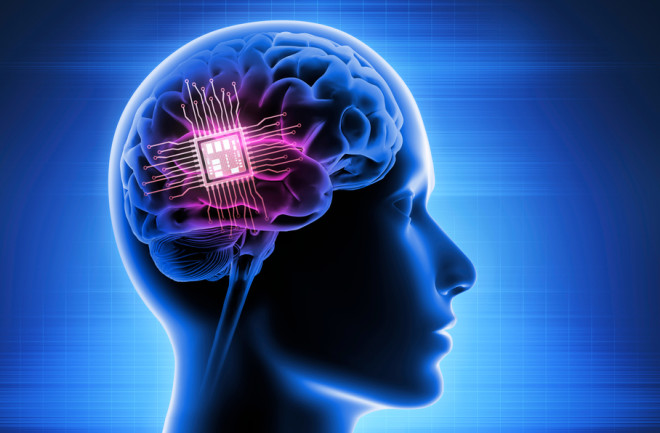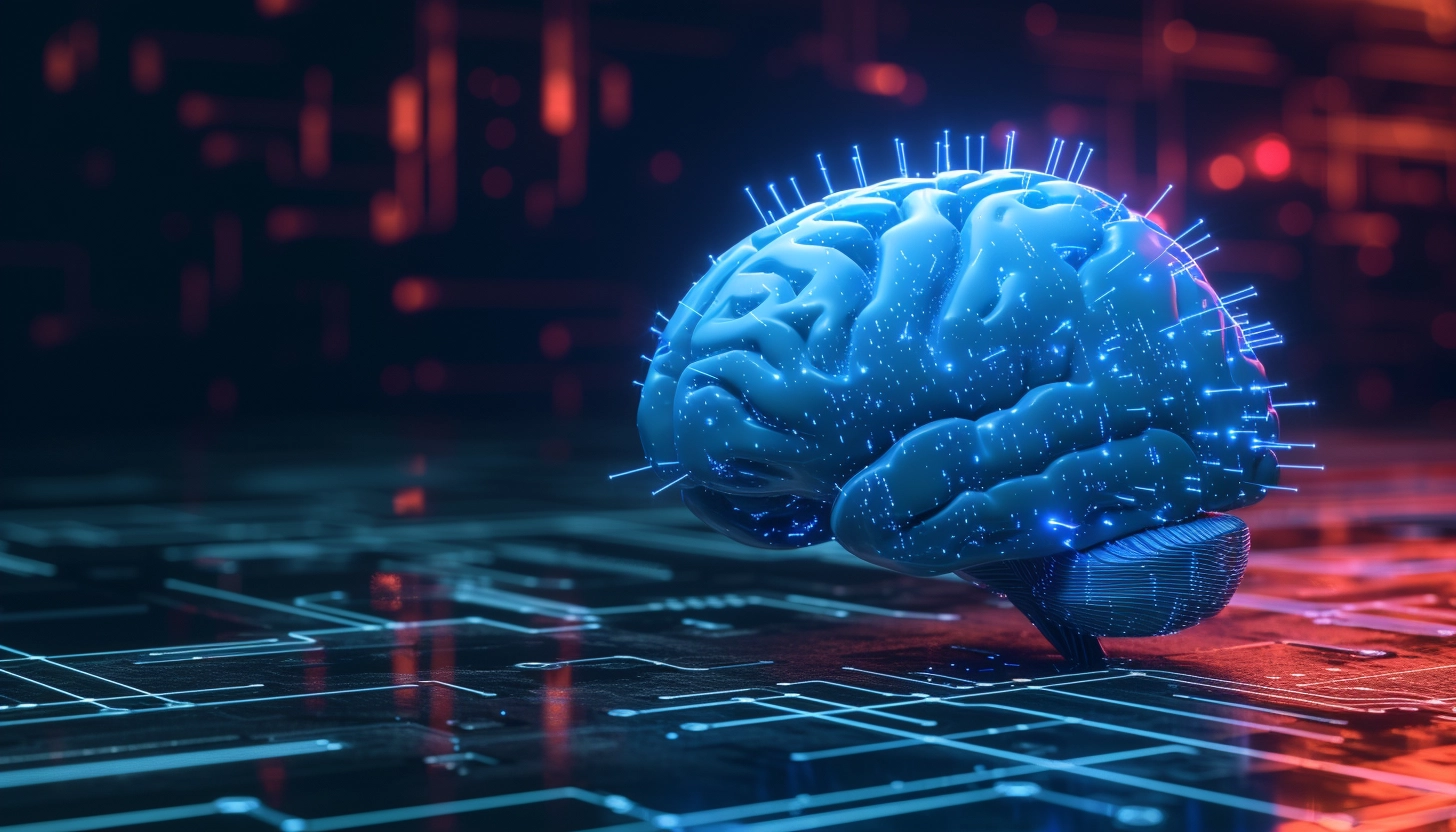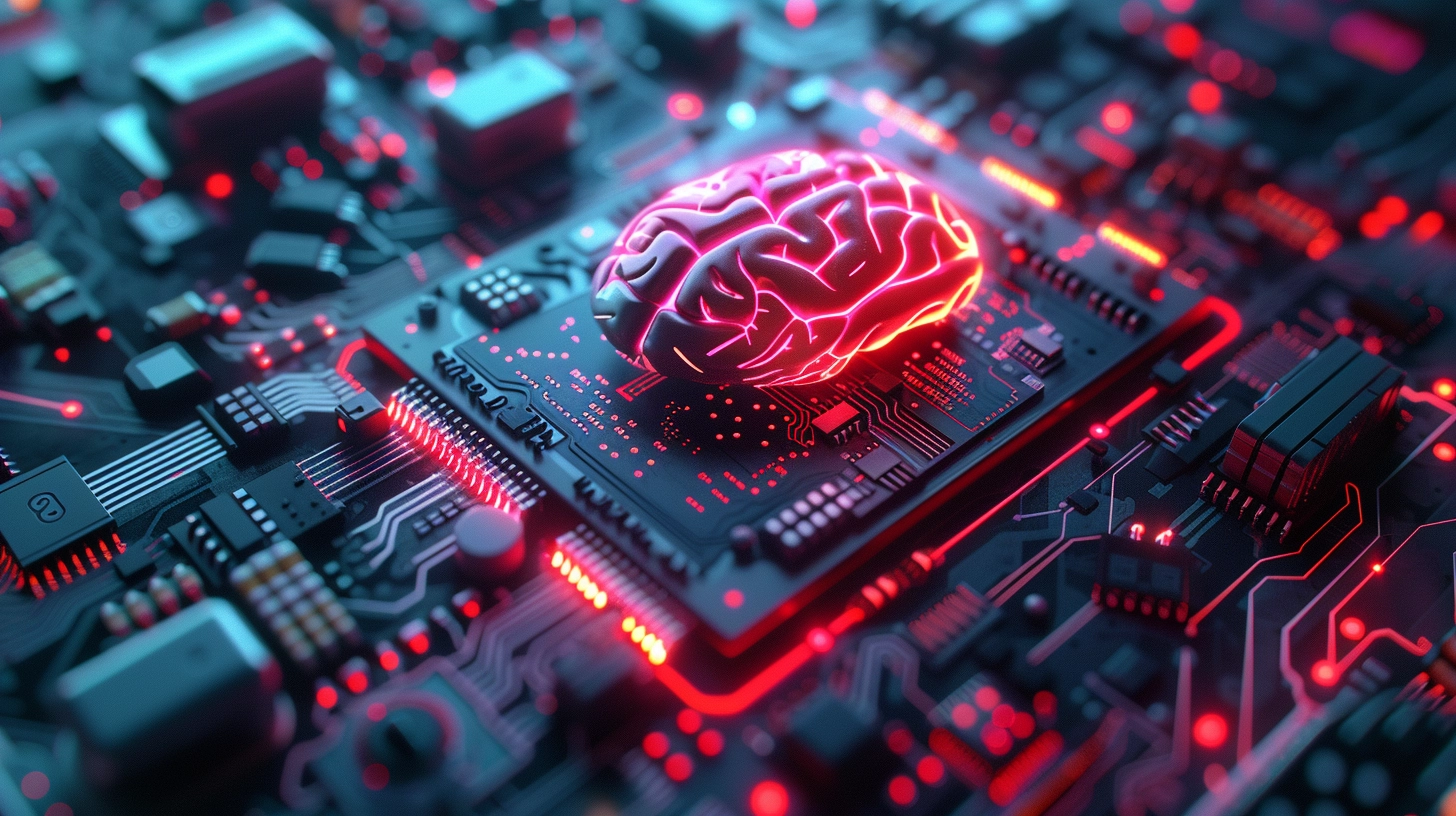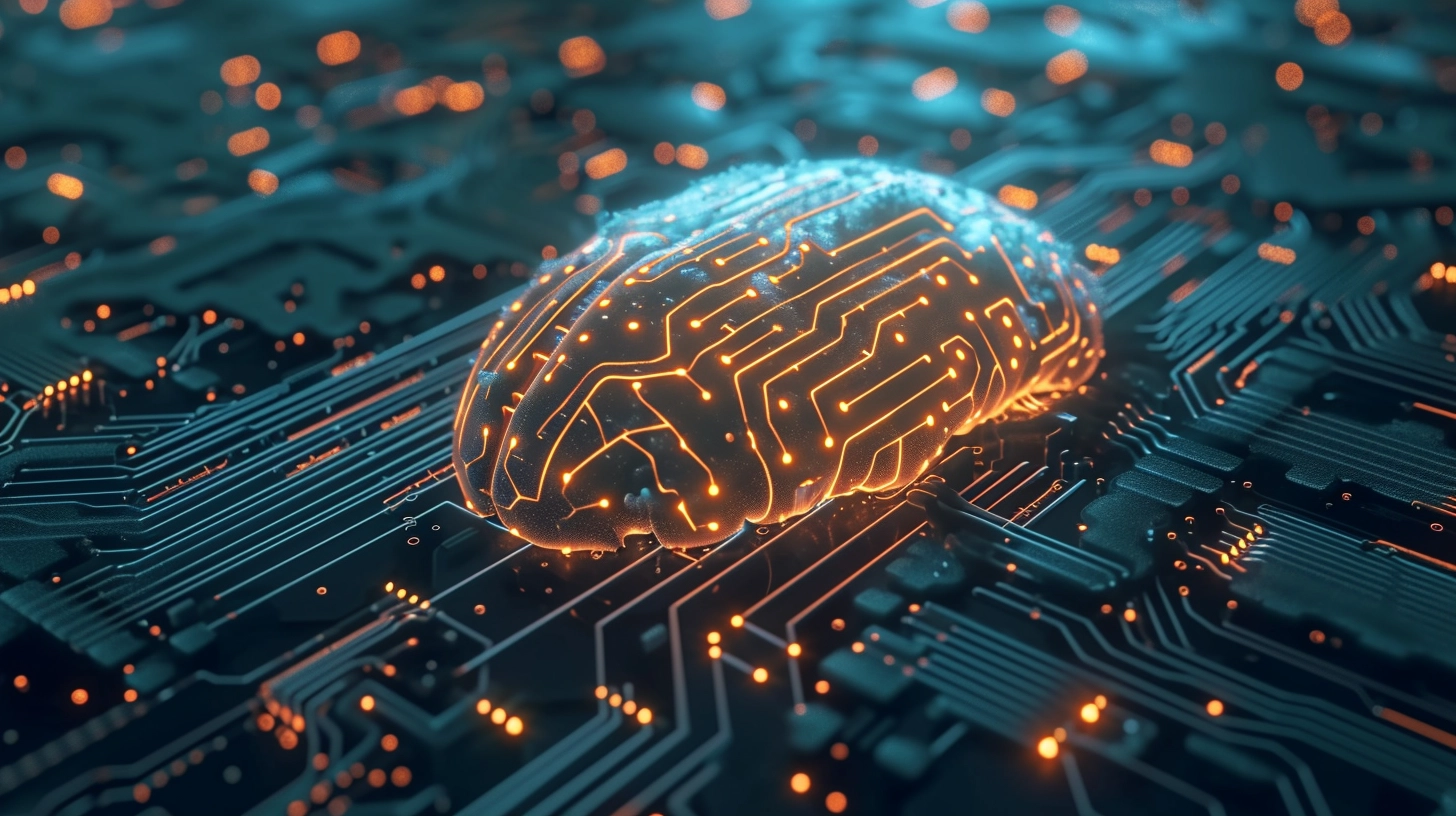Brain-Chip Technology: In a groundbreaking demonstration, Neuralink, the brain-machine interface company founded by Elon Musk, unveiled its first brain-chip patient successfully playing online chess using only their mind. This pivotal achievement marks a significant leap forward in the field of neurotechnology.
By implanting a tiny computer chip in the participant’s brain, Neuralink has opened up new possibilities for individuals with paralysis or spinal cord injuries, allowing them to regain control of their movements through the power of thought. The patient, who wishes to remain anonymous, effortlessly manipulated chess pieces on a digital board using only their mind signals, without the need for a physical interface.
The Significance of Neuralink’s Breakthrough
The event showcased the potential of Neuralink’s technology to revolutionize the lives of those affected by debilitating conditions. With further development, this breakthrough could enable people to control a variety of devices and perform everyday tasks, entirely bypassing the need for physical interaction.

How Does the Brain-Chip Technology Work?
Neuralink’s brain-chip technology functions by implanting a small computer chip into the brain, which interfaces with neural networks and translates brain signals into commands. The chip is composed of tiny electrodes that detect and decode neural activity, allowing users to control external devices through their thoughts.
The process begins with a minimally invasive surgical procedure, where the chip is implanted into the brain’s cortex. The electrodes establish direct communication with neurons, picking up electrical impulses that correlate with specific thoughts or movements. These signals are then transmitted to an external device, which interprets and executes the desired commands.
This seamless integration of human cognition with technology presents immense potential for individuals with motor impairments, as it offers a path to restore their independence and improve their quality of life.
The Potential Applications of Brain-Chip Technology Beyond Online Chess
While the demonstration of online chess is an impressive milestone, the applications of Neuralink’s brain-chip technology extend far beyond the realm of gaming. As the technology continues to evolve, it holds the promise of transforming various aspects of human life.
Medical Applications
One of the most significant areas of potential lies in the medical field. protogel Brain-chip technology could provide a lifeline for individuals with spinal cord injuries, enabling them to regain control over their limbs and enhance their mobility. Moreover, conditions such as Parkinson’s disease and epilepsy, which affect the brain’s normal functioning, could potentially be managed through targeted stimulation and regulation of neural activity.
Communication and Accessibility
Brain-computer interfaces have the potential to revolutionize communication for individuals with severe speech impairments or locked-in syndrome. By bypassing traditional communication channels, such as vocal cords or manual communication devices, individuals could express their thoughts directly through the brain-chip interface, improving their ability to interact and engage with the world.
Augmented and Virtual Reality
The seamless integration of brain-chip technology with augmented and virtual reality could unlock a new level of immersive experiences. Imagine being able to control virtual environments or manipulate objects within these digital realms solely through the power of your mind. Such advancements could revolutionize gaming, training simulations, and even psychological therapies.
Benefits and Concerns Surrounding Neuralink’s Brain-Chip Technology
As with any emerging technology, Neuralink’s brain-chip technology brings both benefits and concerns. Understanding these implications is crucial for responsible development and adoption.
Benefits
The potential benefits of Neuralink’s brain-chip technology are manifold. It offers hope and improved quality of life for individuals with paralysis, spinal cord injuries, or other motor impairments. Restoring independence and enabling individuals to interact with the world directly through their thoughts could have profound societal implications. Additionally, the technology’s potential in medical applications, communication, and immersive experiences presents exciting possibilities for human advancement.
Concerns
However, the development of brain-computer interfaces also raises ethical and privacy concerns. The invasive nature of implanting a chip in the brain poses risks, and long-term effects need to be thoroughly understood. Questions surrounding data security and privacy also arise, given the highly personal nature of neural data. Striking a balance between innovation and ensuring the well-being and autonomy of users is of paramount importance.

The Future of Brain-Computer Interfaces and Its Impact on Society
As Neuralink continues to push the boundaries of what is possible in the realm of brain-machine interfaces, the future of neurotechnology looks promising, offering hope for a more inclusive and interconnected world.
The ongoing research and development in this field are not limited to Neuralink alone. Several other companies and academic institutions are actively exploring brain-computer interfaces, each contributing unique insights and innovations. Collaboration and knowledge sharing will be key to unlocking the full potential of this transformative technology.
Ethical Considerations of Brain-Chip Technology
With great power comes great responsibility. As brain-chip technology advances, it is crucial to address the ethical considerations surrounding its use. Ensuring informed consent, protecting user privacy, and preventing misuse are vital aspects that must be prioritized. Robust regulatory frameworks and ethical guidelines should be established to govern the development, deployment, and use of brain-computer interfaces.
Challenges and Limitations of Brain-Chip Technology
While the achievements of Neuralink are remarkable, challenges and limitations remain. The long-term safety and reliability of brain-chip implants need to be thoroughly evaluated to ensure the technology’s viability. Furthermore, the cost and accessibility of these implants may initially limit their availability to a select few. Overcoming these hurdles will be essential to make brain-chip technology widely accessible and affordable.

Conclusion: The Implications of Neuralink’s Breakthrough in Brain-Chip Technology
Neuralink’s demonstration of a brain-chip patient playing online chess is an extraordinary milestone in the field of neurotechnology. This breakthrough has the potential to transform the lives of individuals with disabilities, opening up new possibilities for communication, mobility, and personal autonomy.
As the technology continues to evolve and expand, it is crucial to remain mindful of the ethical considerations and societal impact. By addressing concerns and fostering responsible development, brain-chip technology can pave the way for a future where our thoughts can shape the world around us. With Neuralink leading the charge, we are poised to witness a new era in neurotechnology, one that holds the promise of a more inclusive and interconnected society.
If you found this article insightful and thought-provoking, we invite you to delve into another intriguing topic by exploring our article about Russia’s Old Refiners. Discover the rich history and enduring legacy of this fascinating industry. Thank you for joining us on this journey of discovery and innovation.

